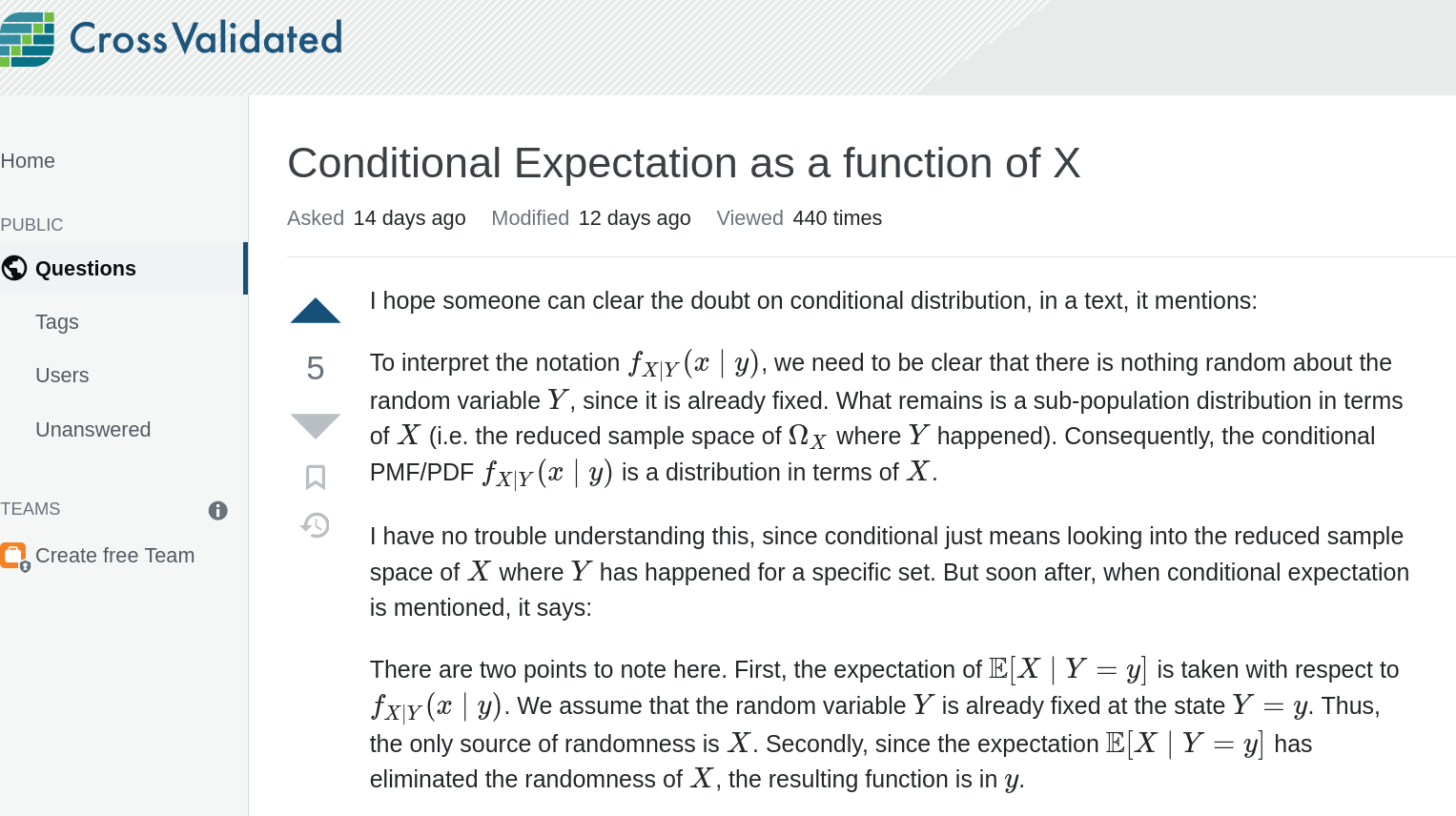Conditional Confusion: Clarifying If-else Chaos

Conditional statements are fundamental programming constructs used to control the flow of execution based on specific conditions. However, improper use of conditionals can lead to “if-else chaos,” where code becomes entangled and difficult to understand and maintain.

One common pitfall is the “nested if” structure, where multiple if statements are stacked within each other. This can create excessive indentation and logical complexity, making it harder to follow the code’s flow. Consider the following example:
if (condition1) {
if (condition2) {
// Do something
if (condition3) {
// Do something
}
}
}To avoid nested if statements, it’s better to use logical operators (e.g., &&, ||) to combine multiple conditions into a single expression:
if (condition1 && condition2) {
// Do something
}Another issue is the “dangling else” problem, where an else statement is not associated with a specific if statement. This can lead to unintended code execution, especially when conditions are negated or modified:
if (condition1) {
// Do something
} else {
// Do something
if (condition2) {
// Do something
}
}To resolve the dangling else problem, always ensure that each else statement is paired with the immediately preceding if statement. Use curly braces ({}) to explicitly define the scope of each block:
if (condition1) {
// Do something
} else if (condition2) {
// Do something
}Furthermore, avoid using multiple consecutive if-else statements without proper refactoring. This can make code cluttered and difficult to visualize. Instead, consider extracting complex logic into separate functions or using a switch-case statement when appropriate.
In summary, by avoiding nested if structures, fixing dangling else statements, and thoughtfully using conditional constructs, developers can greatly improve the readability and maintainability of their code. Clear and concise conditionals facilitate code understanding, reducing potential bugs and saving time during code reviews and revisions.## Conditional Confusion: Clarifying If-else Chaos
Executive Summary
This article aims to demystify the complexities of conditional statements, particularly if-else statements, in programming. It explores various aspects of conditional logic, addressing common misconceptions and providing practical guidance to enhance code readability, maintainability, and performance.
Introduction
Conditional statements are fundamental building blocks of any programming language, enabling the execution of code based on specific conditions. However, when dealing with complex logic, if-else statements can quickly become tangled, leading to confusion and code quality issues. This article aims to provide a comprehensive understanding of if-else statements, empowering developers to write efficient and comprehensible code.
FAQs
1. What is an if-else statement?
An if-else statement evaluates a condition and executes different code blocks based on the outcome of the evaluation.
2. Why is it important to use conditional statements wisely?
Misuse of conditional statements can lead to code that is difficult to understand, maintain, and troubleshoot.
3. How can I improve the readability of if-else statements?
Formatting, indentation, and clear variable names can enhance the readability of conditional logic.
Subtopics
Conditional Logic and Boolean Expressions
Conditional logic is based on Boolean expressions, which evaluate to true or false. Boolean operators (such as AND, OR, and NOT) combine these expressions to create complex conditions.
- Operator precedence: Establishes the order in which operations are evaluated.
- Parentheses: Used to override operator precedence and group expressions for logical grouping.
- Short-circuit evaluation: Avoids unnecessary calculations if the outcome can be determined early.
When to Avoid If-Else Statements
While if-else statements are indispensable, they can become convoluted in complex scenarios. Consider using switch statements for multiple branching conditions or the guard clause pattern to eliminate unnecessary else blocks.
- Redundant else blocks: Avoid repetitive else blocks by chaining if-else statements or using the else if construct.
- Code duplication: Refactor code that is repeated in multiple else blocks to enhance maintainability.
- Complex nesting: Avoid deeply nested if-else statements by introducing helper functions or extracting logic into separate modules.
Debugging and Testing Conditional Statements
Testing conditional logic is crucial to ensure correct execution. Unit tests can verify the expected outcomes for different input conditions, while using tools like debuggers can help step through the code and analyze its behavior.
- Boundary testing: Check the behavior of conditional statements at the edges of their input ranges.
- Exception handling: Appropriately handle runtime errors that may occur within conditional blocks.
- Code coverage: Follow best practices for code coverage to ensure adequate testing of conditional logic.
Performance Considerations
While conditional statements are typically efficient, performance considerations arise in high-volume or time-critical applications. Optimizations may include using switch statements, optimizing Boolean expressions, or avoiding unnecessary calculations.
- Memory performance: Consider the memory overhead associated with the evaluation of complex Boolean expressions.
- CPU performance: Avoid unnecessary computation within conditional blocks to reduce CPU usage.
- Code size: Keep the codebase lean by avoiding bloated conditional statements with excessive branching.
Code Quality and Style Guidelines
Adhering to code quality and style guidelines improves the readability, maintainability, and consistency of the code. Guidelines may include:
- Indentation: Use consistent indentation for if-else blocks to enhance visual clarity.
- Formatting: Use line breaks and spacing to separate logical constructs and improve readability.
- Variable naming: Employ descriptive and meaningful variable names to reflect their role within conditional blocks.
Conclusion
Conditional statements are essential tools in programming, enabling conditional execution of code. Understanding the intricacies of conditional logic, including Boolean expressions and operator precedence, is crucial for writing effective and efficient code. Avoiding common pitfalls, such as redundant else blocks and complex nesting, enhances code quality. By implementing best practices for debugging, testing, and following style guidelines, developers can ensure the clarity, maintainability, and performance of their conditional logic.
Relevant Keyword Tags
- Conditional statements
- If-else statements
- Boolean expressions
- Code quality
- Performance optimization

